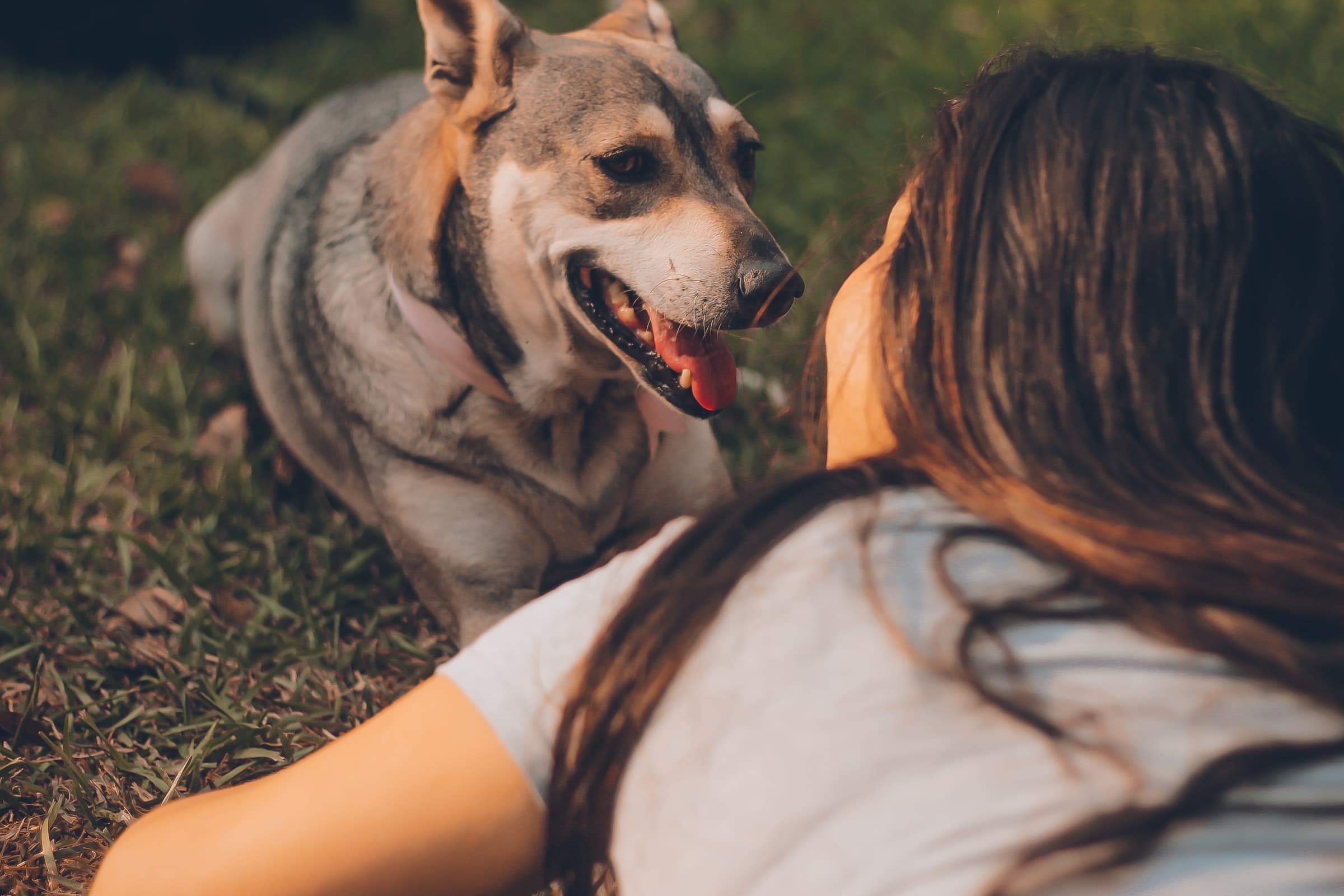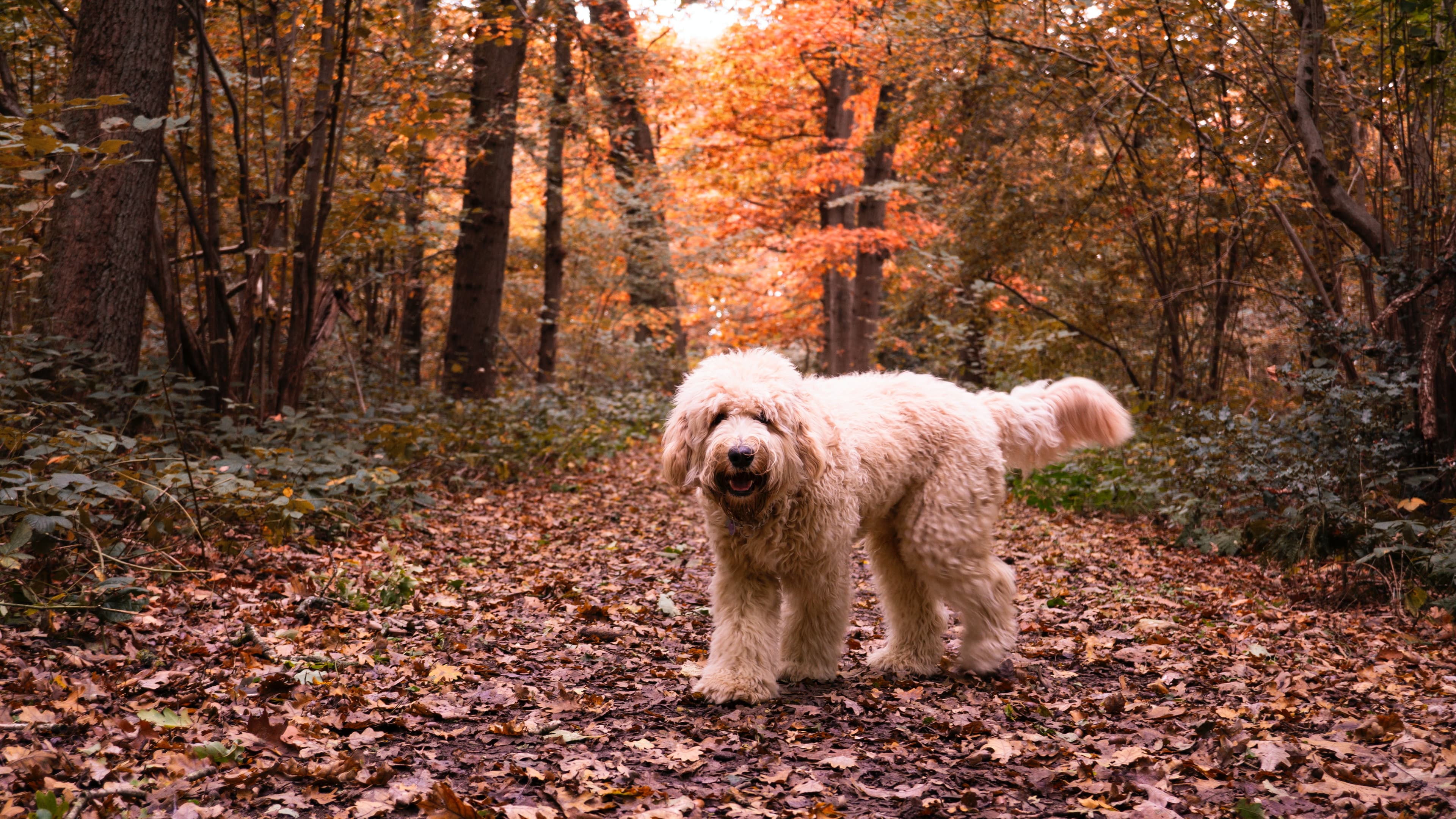A First Aid kit for your dog
Just like humans, there are various situations in everyday life where your dog may be unprepared to hurt itself, no matter how careful you are as a dog owner. To make it easier when an accident happens, we've put together a list of things you can do and buy at home to make sure you're as prepared as possible. There will be a small First Aid kit for your dog so you can quickly help your dog if it gets injured.
Contact information to the vet
It's important to collect a really good First Aid kit for your dog at home, but in the case of serious injuries, it may not help very far. The absolute first thing we think you should do to prepare for a potential injury is to have the vet's contact details entered into your phone. You can have both the phone number of your veterinary clinic that you visit but it's also important to be able to quickly call a 24-hour clinic if your dog suffers an acute injury or illness.
First Aid kit for dogs
In order to be able to help your dog quickly in the event of a serious injury or treat your dog at home for simple injuries, it is a good idea to either get a First Aid kit that is adapted for dogs, like this one, or collect what is needed for a kit of your own. We have therefore compiled a list of the items that we think are essential in a first aid kit for your dog.
Compresses
Sterile compresses are used for wound care. They can reduce the risk of infection by clearing up fluid, colonised and infected wounds.
Cotton, preferably on a roll
Cotton is used for wound care and bandaging. It is shock and pressure protective under elastic bandages. Cotton also collects fluid from the wound.
Self-adhesive wrap
Adhesive wraps are used to fix dressings.
Saline solution
Saline can be used to flush out dirt from wounds or skin conditions, for example, or to flush out eyes or ears. Saline does not sting when used. You can buy ready-mixed saline from the chemist or make your own. The advantage of a ready-mixed one is that you can store it at home for a long time, self-mixed ones should not be stored for more than 24 hours.
Chlorhexidine solution
Chlorhexidine can be used for wound cleansing and disinfection. The solution kills or inhibits the growth of bacteria. Be sure to read the package leaflet before use.
Fluid replacement for dogs
Just like humans, dogs can suffer from fluid loss. If you exercise a lot with your dog especially on warmer days, your dog's fluid balance may need to be restored. You can also give your dog a fluid replacement if they have been ill or had diarrhoea to help restore their body. Hydration supplements for dogs are available as a powder in a sachet either from a vet or a pharmacy.
Crow
A collar reduces the risk of the dog biting, licking or scratching at wounds or injuries.
Thermometer
The normal temperature for a dog is about 38-39 degrees and you take the temperature in the dog's anal opening.






